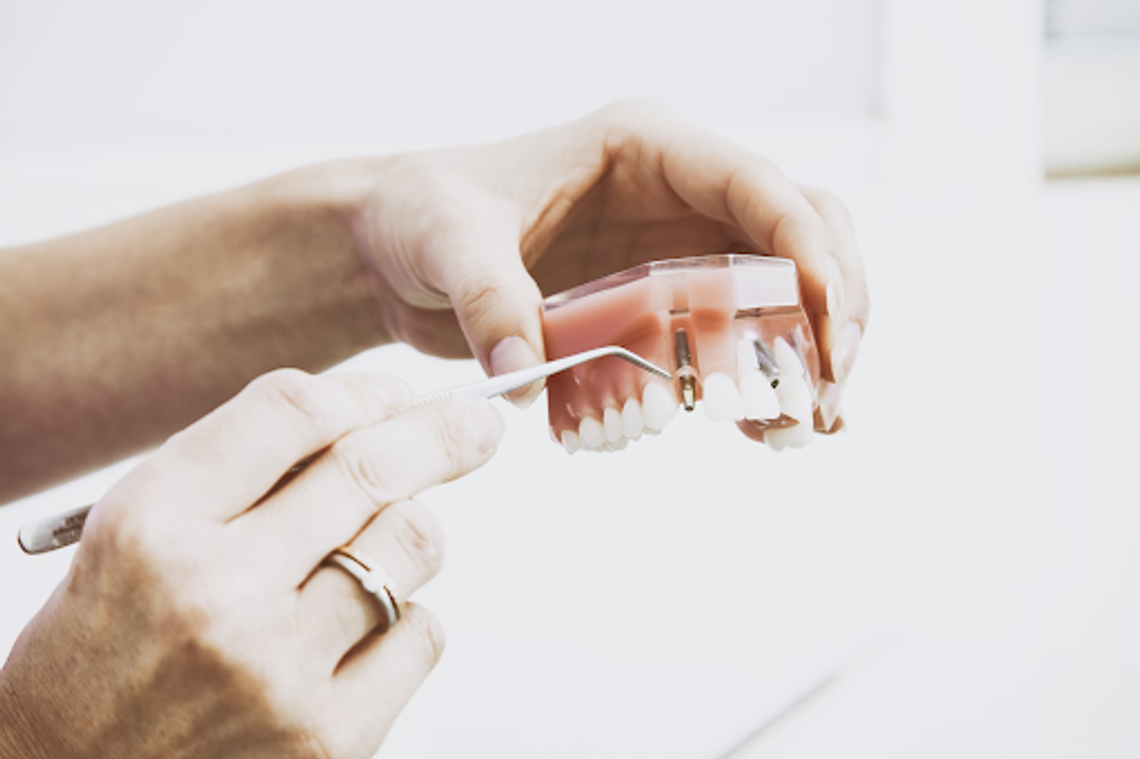Dental implants have become a popular and effective solution for replacing missing teeth, offering not just a functional fix but also a cosmetic rehabilitation. But one of the most common questions that patients have is: "How long do dental implants last?" In this blog, we’ll explore the lifespan of dental implants, factors that influence their durability, and tips on how to ensure they last as long as possible.
What Are Dental Implants?
Before diving into their longevity, let's briefly discuss what dental implants are. A dental implant is a titanium post that is surgically inserted into the jawbone beneath the gum line. This post serves as a replacement for the tooth root and provides stable support for artificial teeth, such as crowns, bridges, or dentures.
Lifespan of Dental Implants
Dental implants are designed to be a long-lasting solution for tooth loss, and with proper care, they can last for decades or even a lifetime. The implant itself, being made of titanium, is highly durable and integrates with the bone in a process known as osseointegration. This integration makes the implant a permanent fixture in the mouth.
Clinical Studies and Data
According to numerous clinical studies, dental implants have a high success rate. Most studies indicate that with proper installation and care, the success rate of dental implants can be over 95%. In terms of longevity, many patients will find their implants last for 25 years to a lifetime. However, the lifespan can vary significantly based on several factors.
Factors Affecting the Lifespan of Dental Implants
Several key factors can influence how long dental implants last:
- Oral Hygiene: Just like natural teeth, implants require regular brushing, flossing, and dental check-ups. Poor oral hygiene can lead to gum disease which can weaken the supporting tissues around the implant.
- Lifestyle Choices: Smoking, for instance, can impair bone healing and negatively affect the health of the gums, reducing the lifespan of a dental implant.
- Bone Quality and Quantity: Adequate bone is necessary to support the implant. Conditions that lead to bone loss, such as osteoporosis, can compromise the stability of an implant.
- Health Conditions: Systemic diseases like diabetes or conditions that affect bone and gum healing can impact the longevity of an implant.
- Quality of Procedure: The skill and experience of the dentist performing the implantation also play a crucial role in the long-term success of dental implants.
Maintenance Tips for Dental Implants
To ensure your dental implants last as long as possible, consider the following tips:
- Maintain Good Oral Hygiene: Brush twice a day, floss regularly, and use an antimicrobial mouthwash to keep bacteria at bay.
- Regular Dental Check-ups: Visit your dentist every six months or as recommended. These visits allow your dentist to monitor the health of your implants and address any issues early.
- Avoid Hard Foods: Chewing hard items can damage both natural teeth and implants. Be mindful of your diet and avoid putting unnecessary stress on your implants.
- Quit Smoking: Smoking is detrimental to oral health and can significantly shorten the lifespan of dental implants.
Conclusion
Dental implants offer a durable and long-lasting solution for missing teeth, but their lifespan can be influenced by various factors including patient lifestyle, oral hygiene, and underlying health conditions. With proper care and regular dental visits, it’s not unreasonable to expect your dental implants to last a lifetime. Always consult with your dental professional to understand the best practices for maintaining your specific dental implants, ensuring that you maximize their longevity for years to come.


Comment
Comments